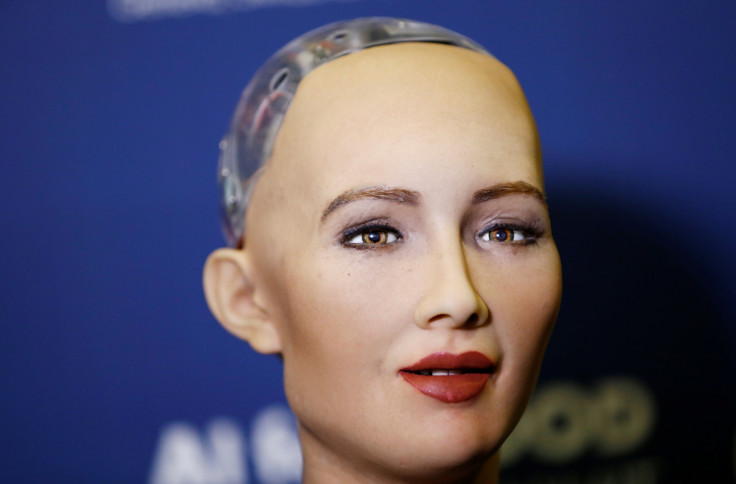Humanoid sex robots and their relationship with users will be explored by a new study
Humanoid sex robots are increasingly becoming more accurate and closer to real humans.
Sex dolls are becoming increasingly realistic every day. They are so close to actual humans, that researchers are calling them humanoid sex robots. According to researchers, at the rate they are progressing, they may become almost indistinguishable from humans in the future.
The whole ethical and physical aspect of such sex dolls are being debated. But most importantly, their impacts on mental health, positive or negative are yet to be assessed.
An increasingly heightened concern is that these robots may start impacting intimacy between two people.
A study published in the Springer's International Journal of Social Robotics by researchers from the University of Virginia, US, and the University of Bergamo, Italy, has taken a closer look at people's interactions with humanoid sex robots.
"We started our joint research to debunk some myths and misunderstandings in the media regarding the future of artificial intelligence. We were struck by how fundamentally flawed some of the ideas were and especially the assumption that the computational version of some aspects of reality are the same as the real thing," Deborah Johnson and Mario Verdicchio, the two researchers who carried out the study, told TechXplore.
The researchers argue that humanoid sex robots are not a substitution for human contact as they have been largely envisaged to be. They believe that these are just treated at par as any other machine, it is just that they are very sophisticated machines. The purpose of the research is to veer development towards creating positive mental impacts from future robots.
It looks at technology not just in isolation but at how it picks up from its surroundings.
"One of our key arguments, which applies to humanoid sex robots, but also to all other technological objects in general, is that technology does not develop in isolation; it is shaped by cultural notions, societal values and conceptual frameworks. In other words, humanoid sex robots are not coming to us out of the blue: social forces are shaping their design and their meaning," Johnson and Verdicchio added further.
There are many paths that the development of these robots can take, according to the researchers. They believe that since the development of these robots will be influenced by social environments, it is highly unlikely that they would ever be able to replace human contact.
The researchers believe that their research will also invalidate similar myths about artificial intelligence.
"Firstly, we will take a more technological research path, going more in-depth into the latest trends in artificial intelligence: machine learning and neural network. A lot has already been said about them, but we are not quite satisfied to accept them as 'black boxes' that work and give us results without showing us how such results are obtained. Instead, we would very much like to open those boxes for more clarity," they said.

© Copyright IBTimes 2025. All rights reserved.





















